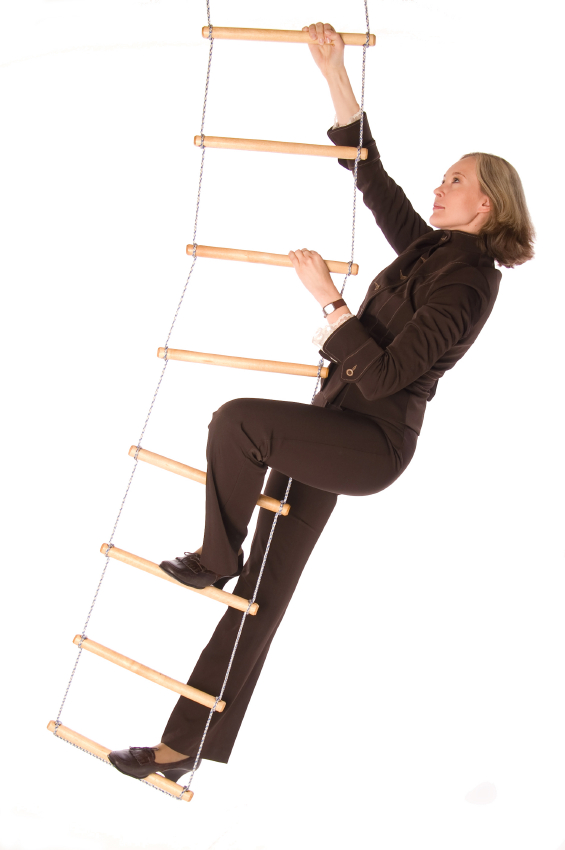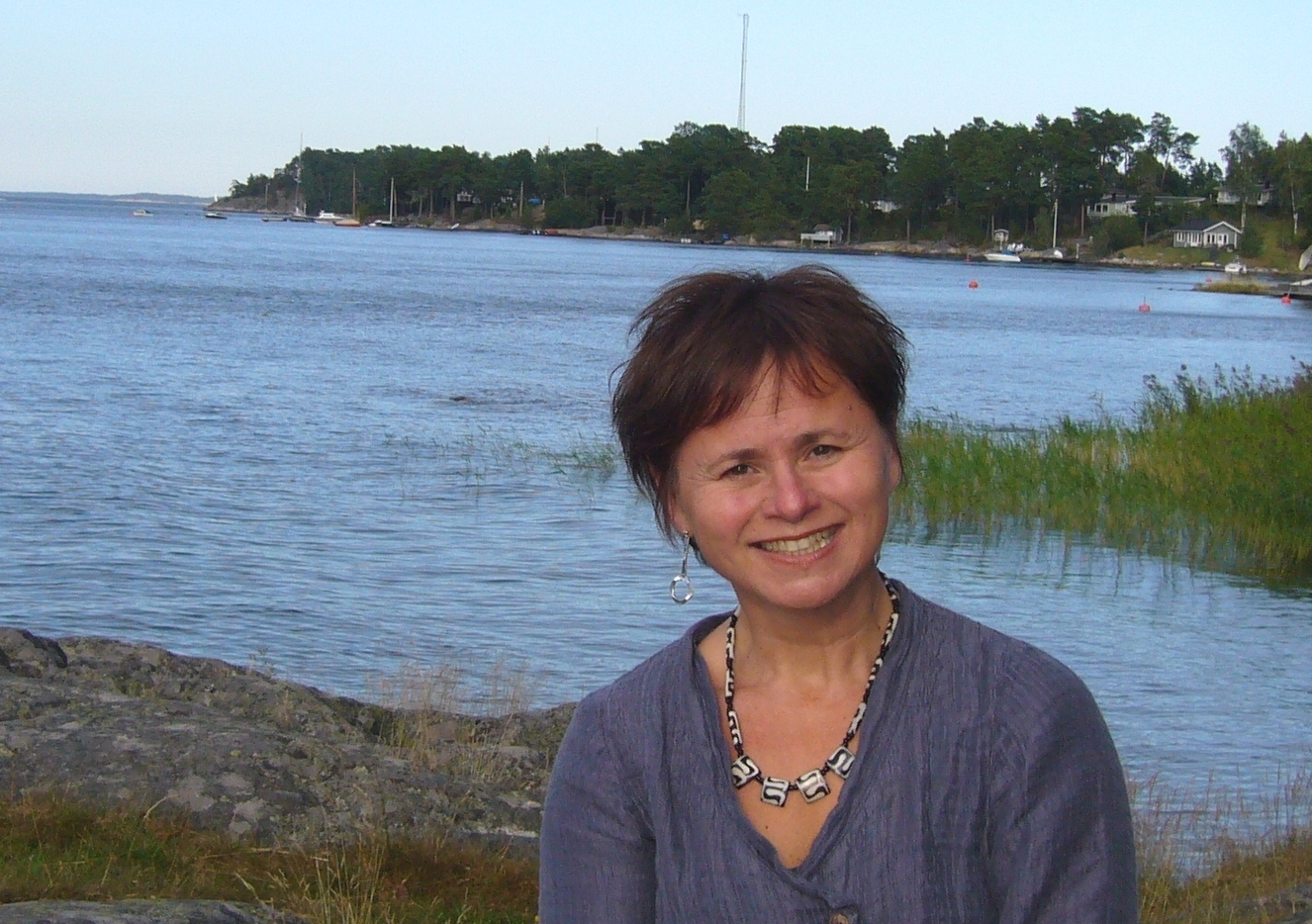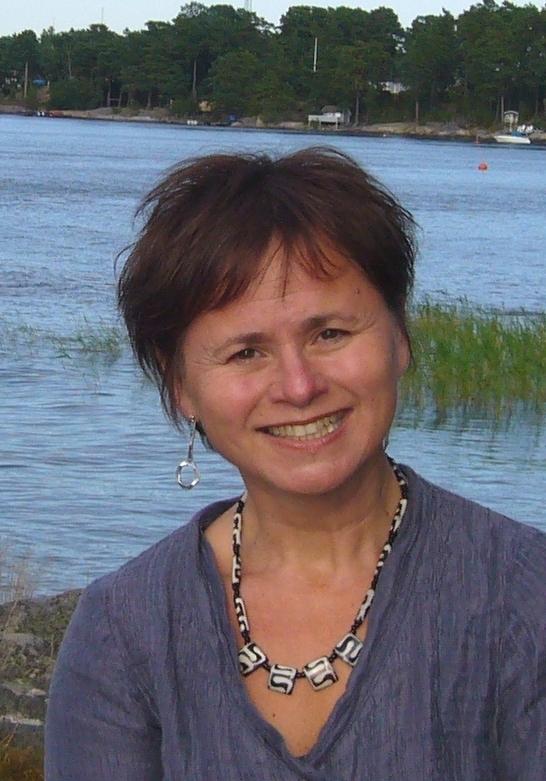Gender equality efforts yield results
Four of the five women who took part in the promotion course at the Norwegian University of Science and Technology (NTNU) in 2008 were promoted to full professor this year. May Thorseth is one of them.

To increase the percentage of women in top academic positions, NTNU has launched several gender equality measures. One of these is a promotion course for women at the associate professor level, which offers advice on how to prepare an application for promotion to full professor. The measure has achieved excellent results – four of the five women who participated in the promotion course for the Faculty of Humanities in 2008 were promoted this year. One of them is May Thorseth, a professor of philosophy.
“It all started when my department head encouraged me to apply for a qualifying grant for women with the intention of seeking a promotion. At the time I had not given it much thought. Then when the faculty gave me information about the promotion course, I felt I had been encouraged for a second time,” says Thorseth.
Thorseth was sceptical in general about thinking in terms of gender.
“It is probably a holdover from the old days. I believe that quality is the most important criterion. If a person meets the quality requirements, then that should be sufficient, regardless of gender. I’m a bit averse to the idea that a women needs special treatment because she is a woman, and I do not want to be categorized based on my gender,” she says.
Nonetheless, she had heard many positive comments about the course, and a promotion to professor would give her more freedom to conduct her research in the way she wanted to.
“The fact that the institution was also interested in promoting me to professor was a reminder that this was not only about me as a person,” she says.
The percentage of women in the humanities, and especially in philosophy, is low. Only two of eight, or 25 percent, of the philosophy professors at NTNU are women.
“I see myself as an individual, not as a member of the underrepresented gender. So I did not apply for a promotion for the sake of statistics, but it was a reminder that unless I had a good reason for not applying, then I should do it,” says Thorseth.
Help with the application process
The promotion course consists of seminars that teach participants how to write a good application and offer them ongoing assistance with the actual writing process. Although Thorseth wanted to apply for a promotion, she was unsure whether she should take part in the course.
“I thought that the form of the application was not important and that it was only a person’s performance that would be assessed. Gradually I came to realize that how people present themselves has a great impact on how they are perceived,” she explains.
In the application for promotion, the researcher must demonstrate that she satisfies the requirements for promotion, including those related to both the depth and breadth of her publications produced after completing her doctoral degree. She must also document that she has performed a sufficient amount of committee work and a variety of administrative tasks.
“It was uncomfortable to write an application that put a positive focus on me. After all, we are raised not to boast about ourselves. But the point of the course was to improve the application from a professional standpoint. It is actually possible to influence what others focus on by emphasizing precisely those aspects,” she says.
Thorseth believes it is difficult to measure how much the course meant for her promotion, but she has no doubt that it helped her to write a better application. The course also pushed her to follow through with the writing process and submit the application.
“At one point I became sick and tired of being concerned only with myself. It took an incredible amount of time, and several times I wondered what I had gotten myself into. But I never thought seriously about giving up. Of course you give the application higher priority when you participate in a course than if you only prepare the application yourself, without others knowing about it,” says Thorseth.
One of a few women
Many people who reach the associate professor level set their sights on a full professorship. Thorseth gradually realized that she had attained seniority within the system and that it was time to move up to professor level.
“It was important in terms of legitimacy and influence to be promoted to full professor. As soon as you become a professor, something magical happens and others immediately start listening to you more. This means that you have much more influence over both the research activity and the working environment around the research. This is one of several reasons that it is a natural goal to have,” she says.
Thorseth submitted her application in autumn 2008, and the committee made its nomination in the beginning of March this year. She is therefore one of a few female professors of philosophy, a typically male-dominated field. Being one of a few women has never been a problem for Thorseth.
“For me, an interest in the subject matter has always been paramount, and I have never thought too much about gender or regarded it as troublesome or problematic. I have always been sceptical about categorizing my colleagues by gender,” she says.
Thorseth believes, though, that the universities should have a diverse group of professors and that there is therefore a need for more female professors. Even though the percentage of female students is high, the universities continue to have difficulties recruiting women to top academic positions.
“Perhaps women give more weight to other aspects of their lives than their careers. In order to become a professor today, you have to work long days and publish a lot. In families where both parties are academicians, it is often the man who attains a top-level position the quickest. We should look at what needs to be done so that it is possible to become a professor without putting other things in life on hold. It should be possible to become a professor without working around the clock and sacrificing everything for one’s job,” she says.
She believes that change should take place not only in academia but also at home.
“An important criterion for success is that a person has time to work in a concentrated way, both with publications in general and the application in particular. Then it is crucial that responsibilities at home are divided as equally as possible,” she continues.

Gender equality measures
The promotion course at NTNU is only for women, but Thorseth thinks it should also be offered to men.
“In my opinion, this is not about women needing help, but it is very useful to get assistance with the application process. Men do not have less of a need for this help than women,” she says.
On the other hand, she thinks it would be naive to say that there is no need for gender equality measures to recruit women to top academic positions.
“When talking about gender equality measures, the dilemma of quotas at the expense of quality comes up. But with sensible measure both requirements can be satisfied,” says Thorseth.
She believes that many women find it difficult to prioritize enough time to work on their publications and application for promotion and that this often poses a greater challenge to women than to many men.
“Women often set their priorities differently than men, and their private life is a crucial factor. I therefore believe that an effective measure would be to provide payroll compensation so women could be excused from their ordinary work duties and they would have more time for publishing and preparing an application for promotion. This way we would ensure high quality while strengthening the opportunities for women at the same time,” she says.
Translated by Connie Stultz.
Read more about NTNU’s gender equality efforts
